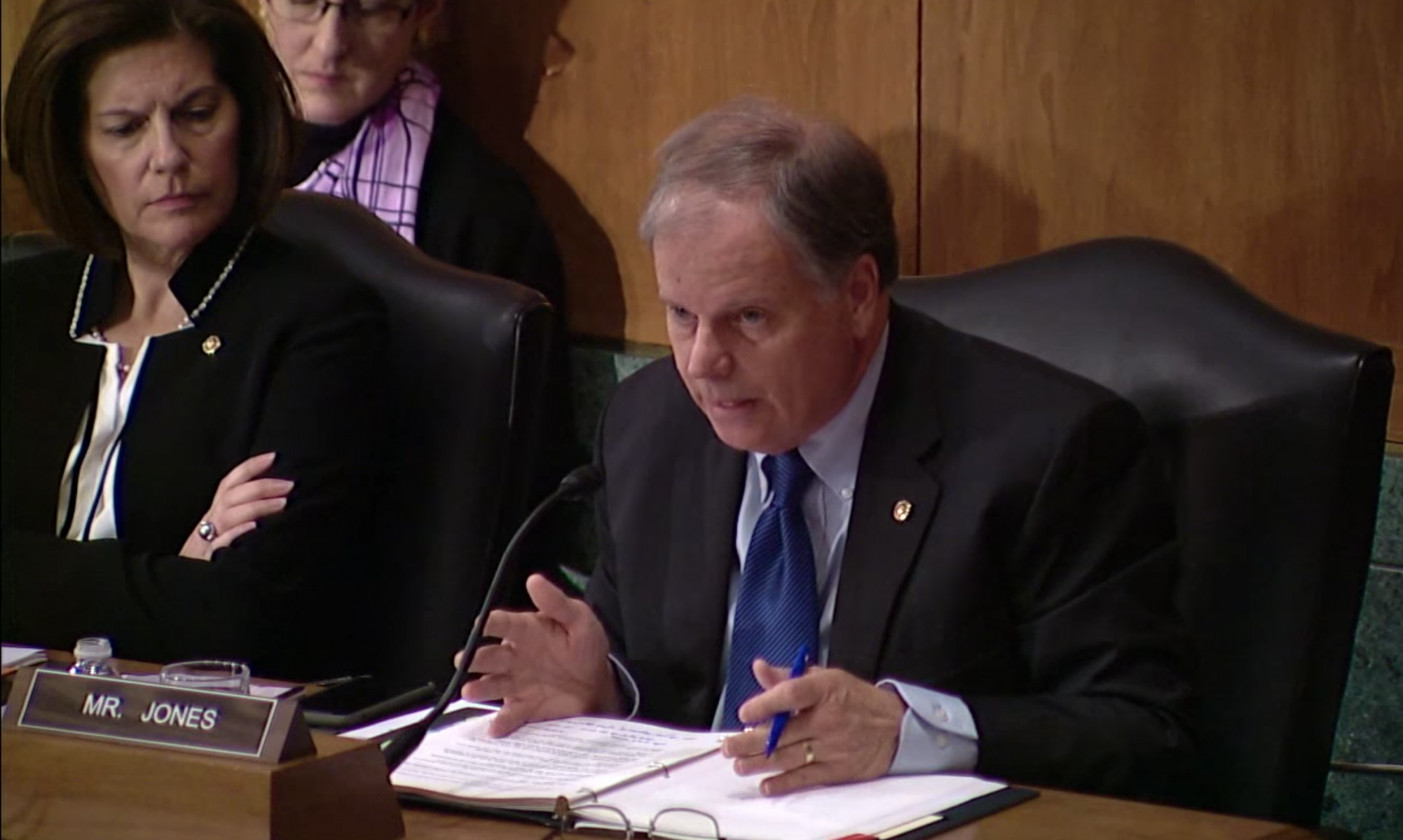The U.S. House is set to take up a bipartisan bill approved by the Senate last week that would permanently restore funding for historically black colleges and universities and minority serving schools, but it’s less certain if the House will approve the bill in current form.
Sen. Doug Jones, D-Alabama, spent months urging his colleagues to pass the bill, and led the push to solve the annual funding crisis for Historically black colleges and universities (HBCU’s).
“This is wonderful news for students and faculty at minority-serving institutions across the country, including the 13 schools in Alabama that receive this annual funding. After their funding expired in September this year, they can finally breathe a sigh of relief now that the Senate has passed a permanent renewal that will allow them to plan for the future for years to come,” Jones said in a statement. “Importantly, this legislation will also take a long-overdue first step toward simplifying the FAFSA application and removing barriers for students across the country who want to achieve their dream of a college education. This is an example of the kinds of important goals we can achieve when both sides reach across the aisle to find common ground.”
Sen. Patty Murray, D-Wash., said on the Senate floor after passage of the bill that funding for HBCU’s “should never be up for debate, and now, because of this, it will not be.”
The bill’s passage in the Senate last week came after that annual funding had expired on Sept. 30 following blockage of the bill’s approval by Sen. Lamar Alexander, R-Tenn., chair of the Senate Education Committee.
Alexander had previously objected to a unanimous consent to approve the bill, saying that he’d prefer a more long-term fix that included a reauthorization of the Higher Education Act.
Senate Democrats and Republicans compromised, reaching a deal that included some of Alexander’s suggestions, including streamlining the federal financial aid application process, a move that would that lawmakers say would offset the cost of funding the schools by generating nearly $3 billion over a decade.
Some House Ways and Means Committee members are concerned, however, that the streamlining process, which calls for the Education Department to more easily share taxpayer information for students applying for aid or for loan paybacks, could be risky, according to Politico. Such personal information would be accessible by thousands of third-party contractors, according to a Democratic aide, who spoke to the news outlet.
“We’ve been working with leaders in the House to make sure that our bill is something they can accept and pass,” Alexander said on the floor of the Senate on Dec. 5. “We hope that will happen in the next couple of weeks.”


















































